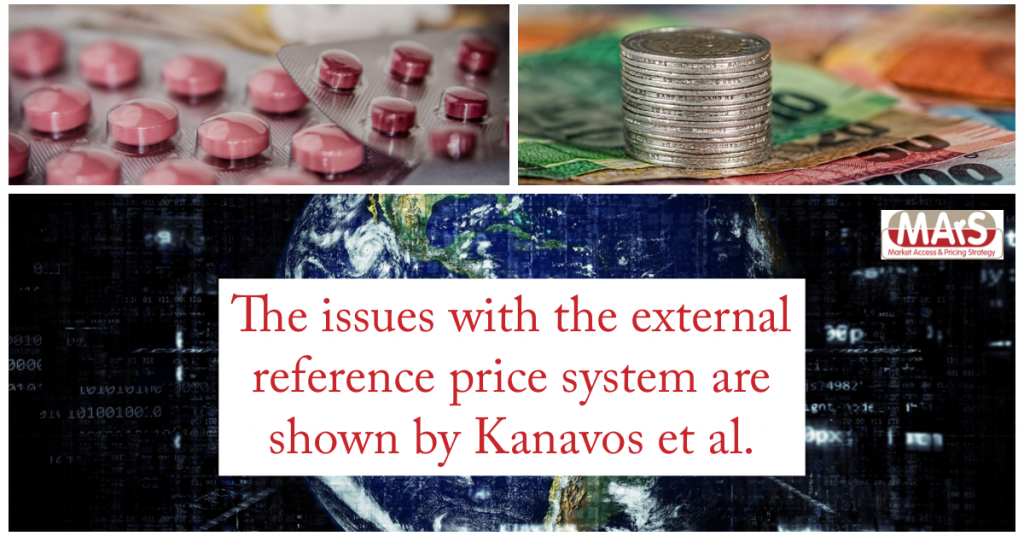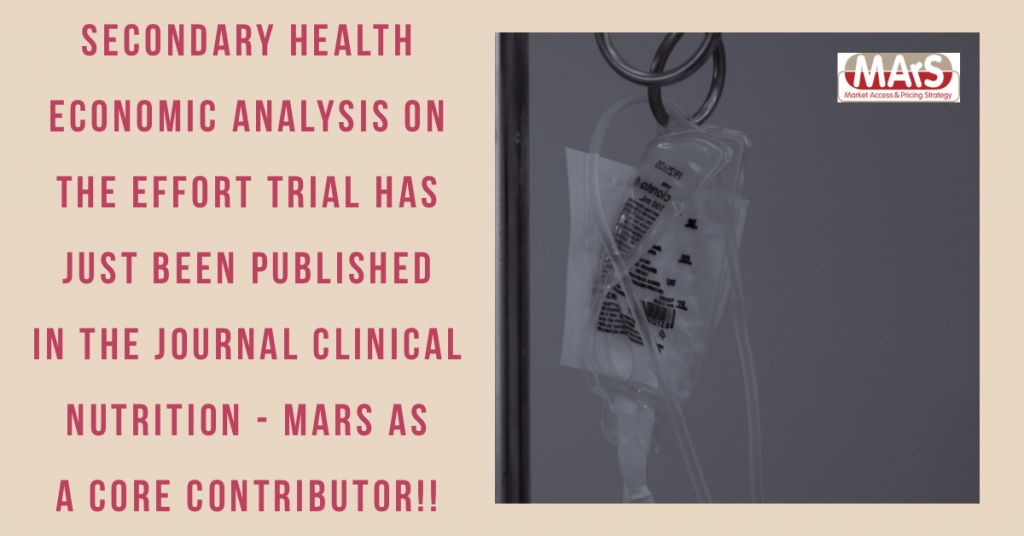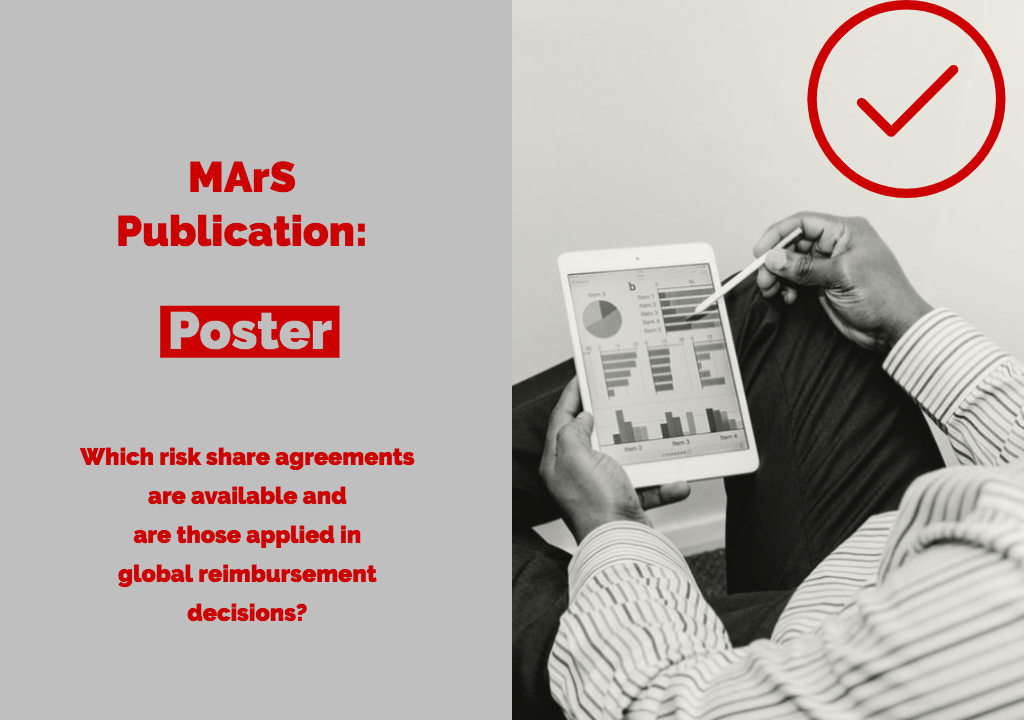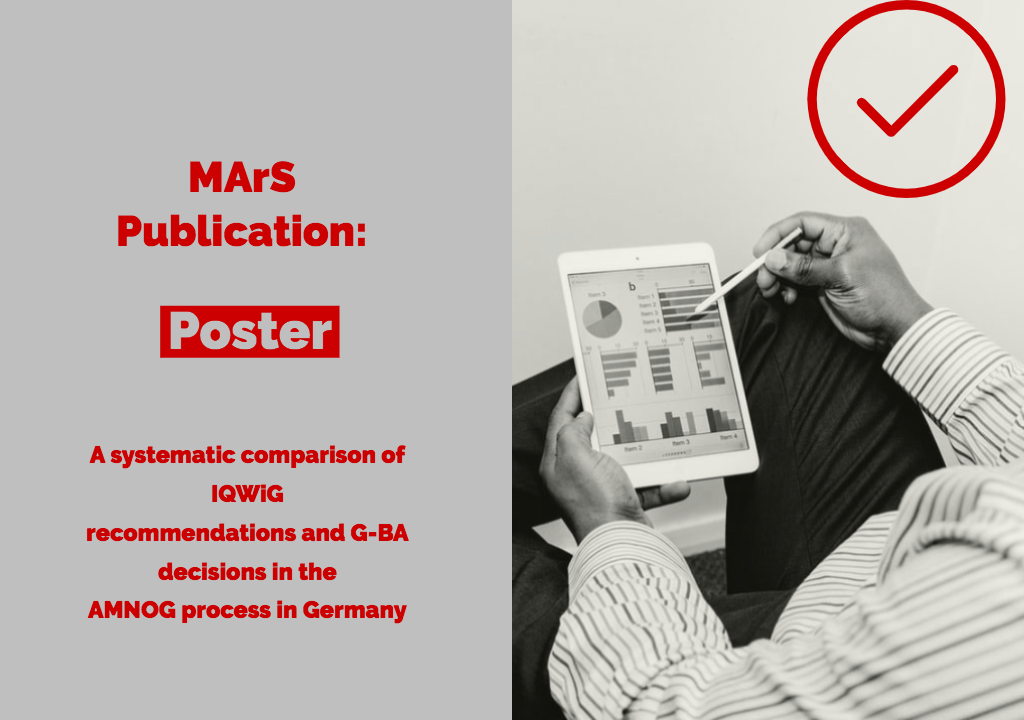New analysis on external reference pricing shows negative impact on drug availability
Kanavos et al. just published another analysis on external reference pricing (ERP). ERP is widely applied by many payers across the world and also delivers short term cost savings for health care systems. Conclusions by Kanavos et al. are as follows: “ERP has not regulated prices efficiently and has unintended consequences that reduce the benefits arising from it. If ERP is carefully designed with minimal price revisions, prudent selection of basket size and countries, and consideration of transaction prices, it could be a more effective mechanism enhancing welfare, equitable access to medicines within countries and help promote industry innovation.”
The full article is available in the European Journal of Health Economics.
MArS has experience in pricing research and strategy as well as in price negotiations and can hence assess the ERP impact on the D-A-CH countries in detail.




